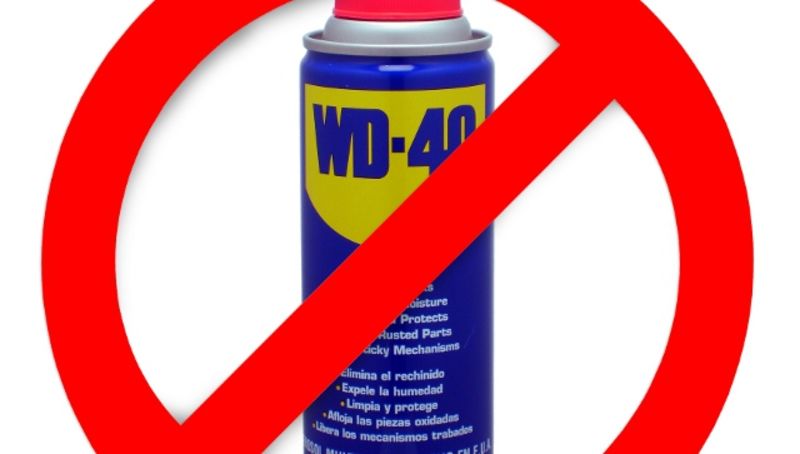Manufacturers of penetrating oil like to speak in code. The name WD-40, for example, refers to Water Displacement, 40th formula. It was developed in 1953, by the Rocket Chemical Company to protect the paper-thin outer skin of the balloon tanks on Atlas missiles from rust and corrosion. AV0-19 is another code, referring to Acetone – Vegetable Oil in a ratio of 1 to 9, respectively.
Even though I have been a devoted user of WD-40, I have probably purchased my last container. The reason being is that scientific tests indicate that AVO-19 is a superior product. See: https://www.engineeringforchange.org/how-to-make-penetrating-oil/

The optimal mixture is 10% acetone with 90% vegetable oil. It uses less than 55% of the torque to free rusted bolts as WD-40. It costs about 15% of the price of WD-40. While not as effective as the 1 to 9 ratio, and considerably more expensive, a 30 percent acetone mixture still works better than WD-40.
Engineering students at Drexel University, under the direction of Alex Moseson, conducted comparison tests of vegetable oil mixtures, WD-40 and automatic transmission fluid. Here are some of the results.
| Lubricant | Price/liter | Torque required (Nm) |
| WD-40 | $20.55 | 68.5 |
| Acetone 30% vegetable oil 70% | $5.48 | 48.4 |
| Acetone 20% vegetable oil 80% | $4.52 | 42.0 |
| Acetone 10% vegetable oil 90% | $3.58 | 36.6 |
Adam Davies, looked at the overuse of WD-40 in 2010: http://www.popularmechanics.com/cars/how-to/a6064/wd-40-vs-the-world-of-lubricants/
He discovered that WD-40 was second best (or worse) in several important areas. PB Blaster is best at loosening rusted nuts or bolts; Marvel Mystery Oil is best at freeing up rusted compression rings; Finish Line Cross Country is best at lubricating and protecting bicycle chains; while, Permatex White Lithium Grease is best at silencing squeaky door hinges.
Once their workshop is in operation, Unit One will be making its first batch of AVO-19. If you would like some, contact a persona at Unit One.

